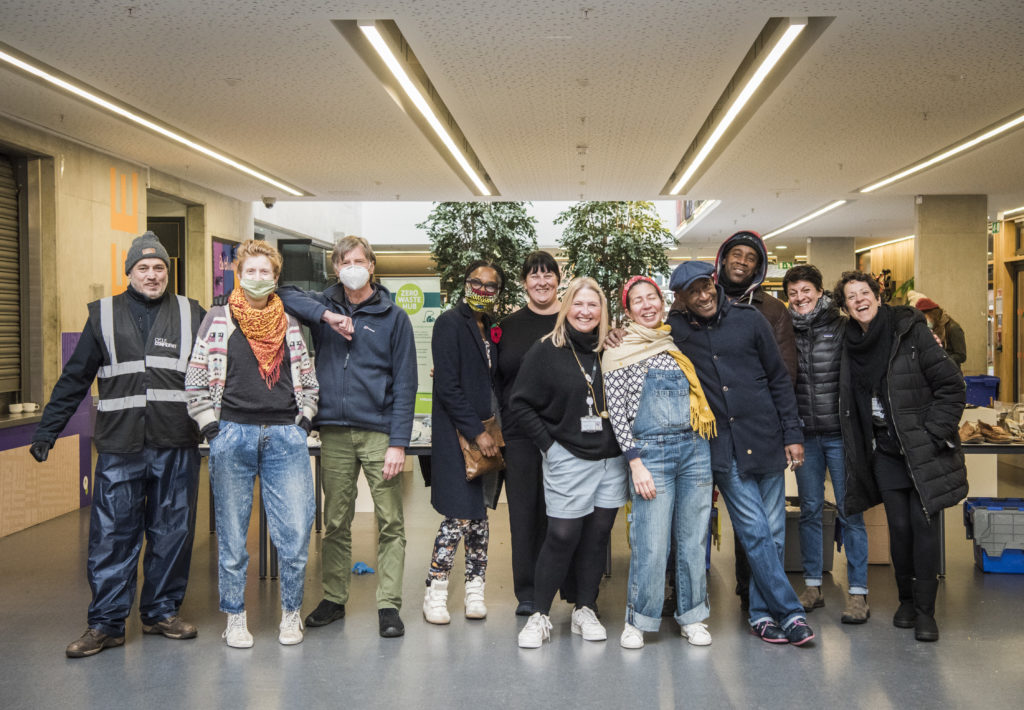Everybody welcome
It’s good to make everyone welcome at a repair event, but it doesn’t happen by accident. It takes deliberate planning and thinking to make spaces that are inclusive of all. It is worth the effort though! Your project will be a richer experience and a thriving community if you create somewhere everyone feels they can contribute, no matter their background.
Some things to think about in planning:
- Is your venue accessible to public transport and bike, for people with mobility issues or prams? Is it a welcoming space used by the whole community?
- Spread the word in different ways – posters, leaflets and local media will reach different audiences than social media.
- Cast your net wide for volunteers – don’t assume repair skills are only found in one type of person. Think colleges, community groups, Men in Sheds and She Sheds. A diverse team will bring more perspectives, skills, connections and ideas.
- Build relationships with trusted groups in parts of the community you find harder to reach – like a youth club, community centre or disabilities group.
- Not everyone is comfortable with big or busy events. Running some smaller events may make it possible for more people to take part.
At the event:
- Assign chatty, friendly volunteers to welcome visitors to clearly explain the way your event works
- A café turns an awkward wait into a relaxed place to connect, chat and eat cake! Can you cater for food allergies too?
Invite people to ‘pay as you feel’ in donations for repairs and café – it enables everyone to contribute as they can and removes economic barriers to participation. - Consider giving everyone name badges, including visitors.
- It’s good to have a spare volunteer floating and available to talk if anyone who looks uncertain or needs a bit more support.
- Make sure volunteers and participants feel they can report any uncomfortable situations they encounter in case there are any issues, unaddressed needs or problematic behaviours. Perhaps the hosts or floating volunteers could take on a safeguarding role and wear a badge that helps people identify them.
- Ask only for personal details you need: people can feel uncomfortable being asked to declare age, gender etc.Ultimately, be guided by your values. It helps not to make assumptions and to remember just because we feel at home at an event, this doesn’t mean everyone will.
Going further in your community:
Once established, community repair becomes part of the fabric of the local town and community. There are lots of opportunities to engage more broadly.
Here are some examples:
- Run courses in repair skills
- Give workshops in local schools
- Take a stall at local festivals, events or public places
- Start or support other projects like a Library of Things
- Refurbish items for local charities to give out
- Partnerships with other groups/local councils
- Helping new repair projects get off the ground in your area
- During coronavirus, repair projects had to adapt. Some offered ‘drop off’ repairs, others offered online repair advice or workshops.
We can help!
Whether you're just starting a new repair group or you've been running events for a while, we're here to share our experiences and offer support. Simply get in touch with your nearest network member and let them know what you need.

